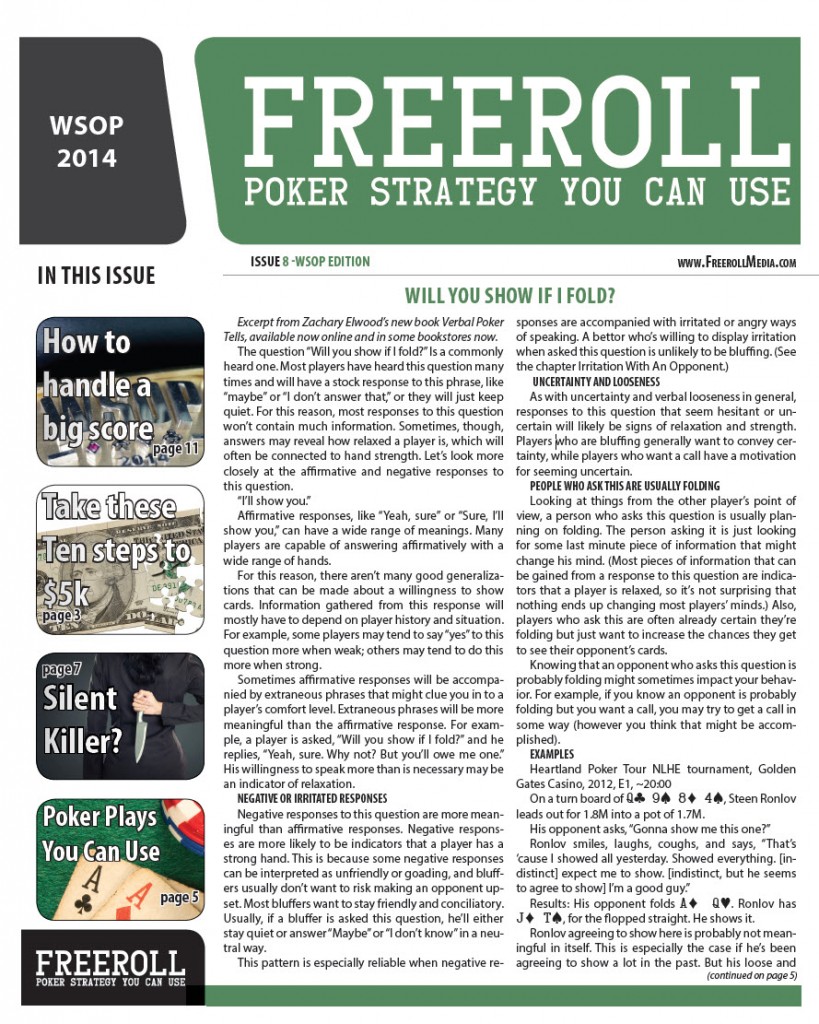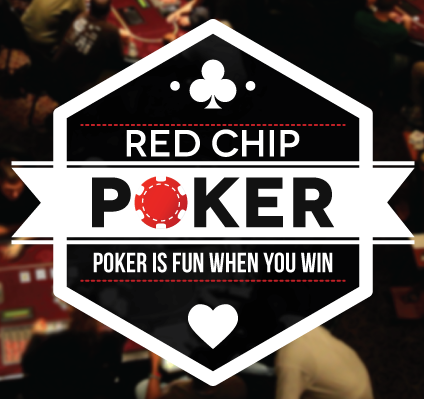To the Newbie
- By Owen Gaines
- January 20, 2014
- Comments Off on To the Newbie
“A Minute to Learn…A Lifetime to Master” – James R. Becker
Because of factors like the World Series of Poker on ESPN, the movie Rounders, and hearing stories of professional players, the gap between fantasy and reality for new, aspiring poker players just seems to grow. I’ve spent enough time now with newer players to have made some observations that may be helpful to others.
People come to this game with many delusions. I’m not going to take the time to begin making an incomplete list, but here I can give the cure for almost all of them.
- You won’t get rich quick.
- You’re not half as good as you think you are.
- To consistently make any money worth talking about, more work than you’ve imagined is required.
- To consistently make any money worth talking about, more time than you’ve imagined is likely.
After playing some inconsequential number of hands, a mix of the following results and deductions will have taken place with possible varying degrees (all are about equally likely for any player).

Results:
- They made a ton of money relative to the limit played.
- They lost a ton of money relative to the limit played.
- They broke even.
Deductions (not necessarily correlating with the same numbered results):
- I’m a highly skilled player.
- This game is all luck.
- Because my opponents are so terrible, I can’t make any money. No one respects my raises.
New, aspiring players will have to go through most of the following stages.
- They play terribly, but don’t know they do.
- They realize their ignorance.
- They start to learn some concepts.
- They start to misapply those concepts.
- They get a glimpse of concepts they don’t know and repeat steps 3 and 4.
- They start to know they know some things and recognize what others don’t know.
- They start to think they’re good.
- Rinse and repeat.
Luckily for those just starting poker, they’re not relying on the game for income. So, I offer this advice. If you’re not dedicated to hard work and study, just accept the fact you’ll lose money. If you persist in playing, play for entertainment value. You’ll save yourself a lot of grief.
When you’re just starting, it doesn’t make sense to play a ton of hands. If you’re not studying at least twice as much as you’re playing, you’re doing yourself a huge disservice. Hopefully you’ll notice numerous subtleties in 100 hands or so that offer you something to analyze.
Also, make sure your playing time is quality time. Be sure you’re focusing on the game and not a TV show or some other distraction.
Getting good at poker is a serious commitment achieved through blood, sweat and tears. Buckle up and settle in for a long trip.




